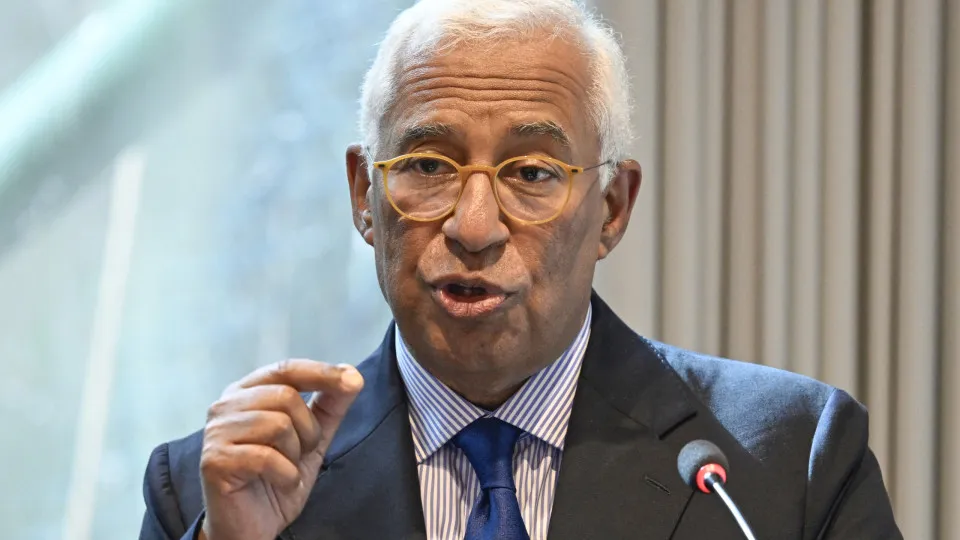
The short film delves into the story of the medieval noblewoman D. Beatriz of Portugal (1373-1420), blending fantasy with children’s imagination, a press release states.
Set against the backdrop of the Monastery of Sancti Spiritus in Toro, Spain, where D. Beatriz’s tomb is located, a “group of seven children stages and interprets fragments of the life of this historical figure who played a key role in the Portuguese dynastic crisis of 1383 but was largely forgotten by history.”
The Caminhos festival concluded today in Coimbra, showcasing 63 sessions and over 120 films during the 31st edition, which spotlighted a “strong feminine thematic presence.”
Director Maria Inês Gonçalves hopes this recognition “may spark curiosity about this overlooked character and the way we view history, celebrating what often goes untold,” as stated in a press release.
The jury—comprising Jorge António, Rita Barbosa, and Tiago Bartolomeu Costa—praised the film for creating “a miniature court that conspires and speculates on the life of a young queen,” describing it as “a moment of true cinematic enchantment.”
“The film was co-written with the children. They listened to the story and imagined what Beatriz would do on her last day before being expelled to Castile. We conducted exercises like writing the Infanta’s diary. Entire scenes were created by them,” emphasized Maria Inês Gonçalves.
At this 31st edition of Caminhos do Cinema Português, “Pai Nosso — os Últimos Dias de Salazar,” by José Filipe Costa, received awards for Best Fiction, Best Leading Performance (Catarina Avelar), and Best Makeup (Maria Almeida).
“Entroncamento,” by Pedro Cabeleira, won the awards for Best Director and the Revelation Prize. Also, “Sol Menor,” by André Silva Santos, garnered awards for Best Sound (Marcelo Tavares) and an Honorable Mention for the Revelation Prize (Tiago Schwäbl).
“Paraíso,” by Daniel Mota, was awarded Best Documentary and the Audience Award — Filmin.
“In this 31st edition, Caminhos demonstrated that Portuguese cinema wants to be seen by thousands of spectators. It’s necessary to continue this work, reach people, provide them with a curated and thoughtful program, present new expressions and themes, and, through cinema, understand the country we live in and want to live in,” stated Tiago Santos in a communiqué.
According to the festival director, “Portuguese cinema lives and draws its strength from this plurality of visions” showcased in this selection, “but it needs opportunities to be seen.”
Tiago Santos emphasized that “in four cities, Caminhos projected dozens of films that might not get released; it’s crucial to continue this work for the country to understand itself.”
The next edition is set to take place from November 14 to 21, 2026, aiming to “expand the network of partners and, most importantly, the opportunities to know Portuguese cinema.”



